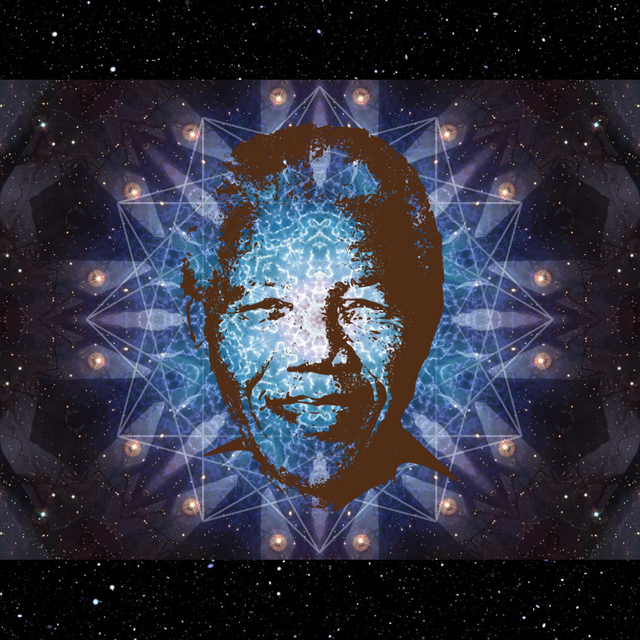The Mandela Effect

The Mandela effect is a popular conspiracy theory about false memories as evidence we are in a simulation or multiverse where parallel worlds are merging. It’s named after Nelson Mandela, and the idea that many people have a false memory of Mandela having died in prison camp in the 1980s, when in fact he lived until 2013.
It’s a captivating theory, but the Mandela effect has a perfectly logical explanation. People have terrible memory and even worse knowledge of world history. They likely were taught in school as children that Nelson Mandela was a civil rights activist opposing apartheid in South Africa who was sent to prison camp in the 1980s. The young students just assumed he died in prison because almost everyone they learned about in history class was dead. So then later, when Mandela actually died and was all over the news, they were like, “Oh wow, that guy was still alive? I learned about him in school years ago…” It is simply a case of poor memory plus ignorance of history and world events.
Another common example of the Mandela Effect is the “Berenstain Bears” books often remembered as being spelled as the “Berenstein Bears.” I’m sorry, but I can’t take the Mandela effect seriously if one of the best examples of it is the slight misspelling of a complex name of a children’s book series. “Stein” is a more common suffix for surnames, so most people simply misread the name at the time and accurately remembered their inaccurate memory of the name.
I was initially intrigued by the idea of the Mandela effect because I’m into the simulation theory, multiverse, and all types of crazy science fiction ideas, but there’s nothing sci-fi about this. The fact that humans are ignorant and have poor memories is neither surprising nor interesting.